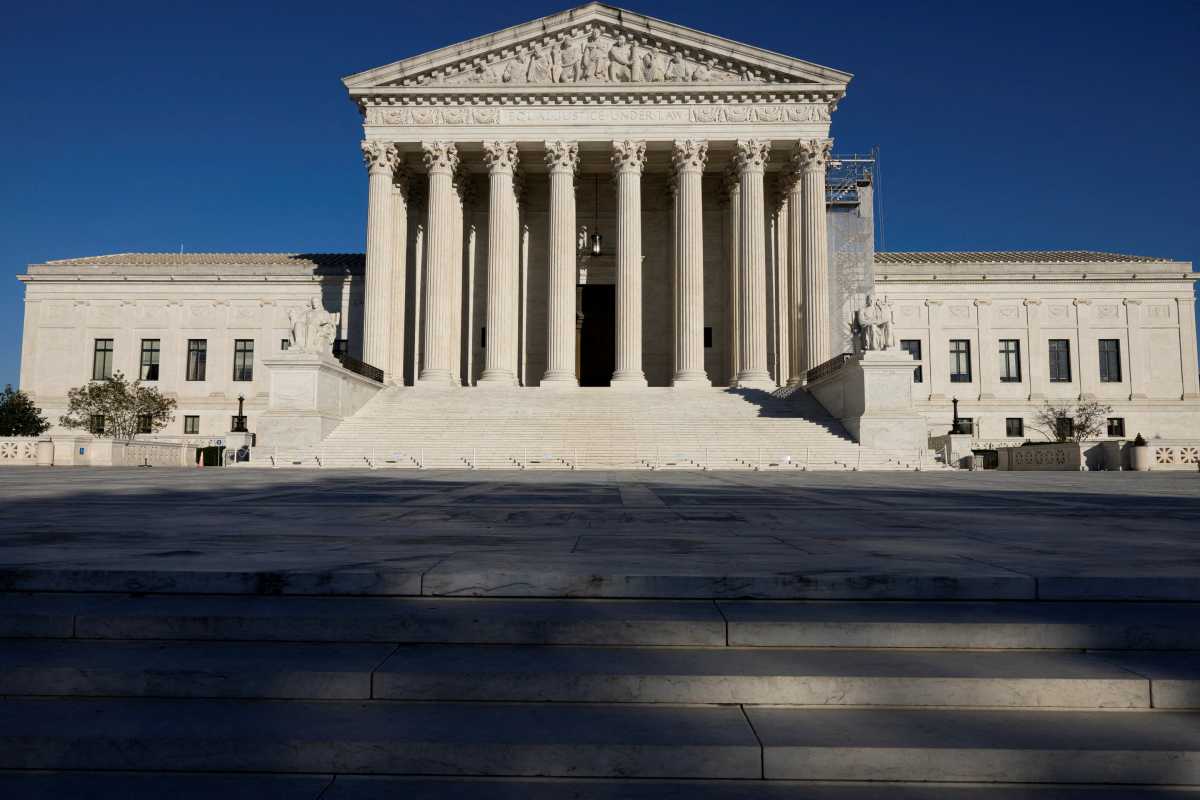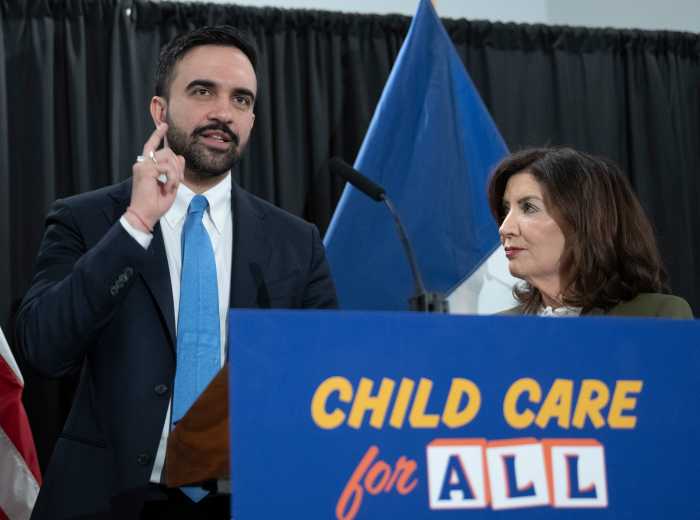The US Supreme Court announced on Jan. 10 that it will hear an appeal by Secretary of Health and Human Services Xavier Becerra from a decision by the US Court of Appeals for the Fifth Circuit, which held that the US Preventive Services Task Force, an advisory body that recommends which screening tests and preventive medications must be covered under insurance plans required to comply with the Affordable Care Act (ACA), was unconstitutionally constituted because its members were not nominated by the president and confirmed by the Senate, and thus their classification of preventive services that must be covered was not legally binding.
This was immediately concerning because PrEP (preventive treatment to stop the spread of HIV) was one of the medications classified for mandatory coverage by the Task Force, and its coverage was a main focus of this lawsuit.
The Task Force is located within the Public Health Services. Its members are medical experts who are appointed administratively by PHS officials. Under the ACA, their work was to be shielded from any political interference by making their recommendations binding, not subject to review by the Secretary of HHS, a political appointee of the president. The Appointments Clause of the Constitution provides that “principal officers” of the federal government must be nominated by the President and confirmed by the Senate. The government contends that the Task Force members, who are not paid as employees of the government and serve in an “advisory” capacity, are not such “principal officers.”
Braidwood Management, a company whose owners have religious objections to being required to provide coverage of various contraceptive methods as well as PrEP, filed a lawsuit in the Northern District of Texas in the Fort Worth Division where it was virtually certain that their case would be heard by Judge Reed O’Connor, an extremely conservative appointee of President George W. Bush with a track record of opposition to LGBTQ rights. Judge O’Connor accepted Braidwood’s argument that because the members of the Task Force can make binding decisions about insurance coverage not subject to review by the Secretary of Health and Human Services, they are “principal officers” of the United States, requiring that the president nominate and the Senate confirm their appointments. Since their appointments were improper according to Judge O’Connor, their recommendations were not legally binding and should be “vacated.”
Braidwood also argued that the failure of Congress to articulate standards for the Task Force to use in deciding how to classify treatments for mandatory coverage violates the non-delegation doctrine, a principle that it violates separation of powers between the legislative and executive branches of the federal government for Congress to delegate a policy-making function to an administrative body without articulating standards to control its decision-making. Proponents of the non-delegation doctrine contend that under the Constitution all significant policy decisions must be made by Congress. The Supreme Court has interpreted this as requiring at least that Congress clearly articulate how delegated decisions are to be made.
Judge O’Connor ruled on March 30, 2023, that Braidwood and other co-plaintiffs, who had religious objections to providing PrEP coverage for their employees because PrEP makes it possible for gay people to have sex without transmitting or acquiring HIV infection, had standing to challenge the ACA preventive mandates, that their First Amendment rights were violated by the PrEP mandate, and that the appropriate remedy was to vacate the Task Force’s actions taken to enforce the PrEP mandate — in effect, issuing a nationwide injunction against the mandate.
The case next went to the Fifth Circuit Court of Appeals. Circuit Judge Don Willett, a Donald Trump appointee, wrote the opinion issued on June 21, 2024, partially affirming O’Connor’s ruling. The appeals court held that the Task Force members were “principal officers,” that an attempt by Secretary Becerra to “ratify” their classification of PrEP after the fact did not cure the issue of “improper appointments” of the Task Force members, and that the ACA’s provision limiting the Secretary’s oversight of the Task Force as not “severable” from the rest of the statute. However, they did not approve O’Connor’s remedy of vacating all agency actions taken to enforce the Task Force’s preventative care recommendation, or the nationwide injunction O’Connor had issued to enforce his ruling. The Fifth Circuit would limit the plaintiff’s remedy to an injunction shielding the plaintiffs from enforcement of the PrEP mandate and other treatments to which they had religious objections, and vacating the Task Force’s classification of PrEP as being a required coverage item under the ACA.
The questions on which the Supreme Court granted review are two: whether the Fifth Circuit erred in holding that the structure of the Task Force violates the Appointment Clause of the Constitution, and whether the Fifth Circuit erred in declining to sever the statutory provision that insulated the Task Force from supervision by the Secretary of HHS, thus saving the rest of the statute’s requirements.
Three days later, on Jan. 13, the Court denied a “cross-petition” for review filed by Braidwood, which asked the Court to address Braidwood’s non-delegation argument. The Supreme Court generally does not explain why it grants or denies petitions for review, so one is left to guess why they decided not to consider the non-delegation argument as of now, but to grant review on the “principal officers” issue and its significance for the Task Force’s coverage recommendations, including the listing of PrEP for mandatory coverage by insurance companies.
The timing of this grant of review raises serious questions about whether the court will actually hear the case. Normally when the court grants review before the middle of January, there is enough time for all briefing to take place and arguments to be held during the present term of the court, which would result in a decision this spring. However, Xavier Becerra will cease to be Secretary of HHS under the Trump Administration. It is possible that the Senate will confirm Trump’s announced nominee, Robert F. Kennedy, Jr., a skeptic concerning preventive medicine and especially vaccines. It will be up to the new administration to decide whether to continue defending the structure of the Preventive Services Task Force, or whether it prefers to have the Fifth Circuit’s ruling be the final word, which would effectively require Congress to amend the ACA to make the appointment process for Task Force members comply with the “principal officers” provision of the Constitution’s Appointment Clause, and to subject the Task Force to supervision by the Secretary of HHS. Whoever that new Secretary of HHS will be, it ultimately will be up to President Trump to decide whether his administration want to pursue this appeal, or whether to ask the court to dismiss the petition due to a change of position by the government.
Braidwood is represented by America First Legal Foundation, an organization of alumni of the first Trump Administration who litigate to advance positions supported by Trump.





































